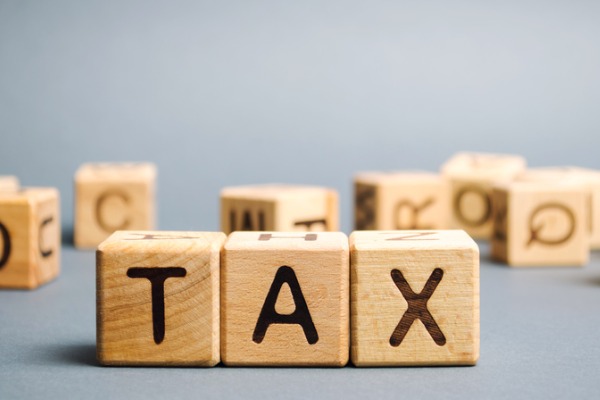Studying Abroad attracts tax collected at source (TCS) of 0.5 and 5%
Students across the globe desire to study abroad. However, the expenses make it a dream for some. In this article, we will talk about the study abroad taxes, new rules and regulations, and more.

With the introduction of the amended Finance Bill by Finance Minister Nirmala Sitharaman, starting October 1, 2020, all foreign spending would attract a TCS (tax collected at source) including studying abroad unless it is already deducted at source (TDS). Read on to know how this would be directly affecting students going to study abroad as we also answer queries on whether this makes studying abroad costlier?
Starting October 1, 2020, amounts exceeding seven lakhs towards foreign spends including studying abroad would attract a tax collected at source (TCS) of five percent (5.0%). However, if the amount exceeding seven lakh has been sourced via an education loan for studying purpose, the same would attract a tax collected at source (TCS) of 0.5% under the Reserve Bank of India’s Liberalised Remittance Scheme (LRS) on providing permanent account number (PAN) details.
For example, if a total of ten lakhs is being spent on a year for studying abroad, there would be a tax collected at source on three lakhs at five percent under the new rule. If the amount being spent for studying abroad is ten lakhs and the same has been sourced via an education loan from a financial institution then the amount over the permissible limit, three lakhs would be taxed at 0.5% under the new law.
Predict your IELTS, TOEFL, and PTE in just 4 steps!
What is the Liberalised Remittance Scheme (LRS) under the Reserve Bank of India?
Under the Liberalised Remittance Scheme (LRS) introduced by the Reserve Bank of India, all resident individuals including minors are allowed to spend up to $250,000 (approx. INR 1.83 crore at an exchange rate of 73.50) in a given financial year outside of India. The money can be spent for an array of purposes including, studying abroad, medical treatment, supporting close relatives, and so on.
When does the new tax reform come into play?
The new tax reform is in play since October 1, 2020. Money exceeding the permissible limit will not attract any TCS if the transaction has been done before October 1, 2020. All transactions on and after October 1, 2020, would attract TCS.
Does this make study abroad more expensive?
Now coming to one of the most asked questions. Does the introduction of the new finance amendment make foreign spending or studying abroad more expensive? Technically speaking, the new tax would not make studying abroad more expensive. Candidates should note that if there is tax deducted at source (TDS) being collected from the fund being spent abroad, then there is no tax collected at source (TCS) on the same amount. Similarly, the amount paid as TCS can be collected as a refund during the filing of the income tax returns (ITR) if there is no tax liability. Finance experts have termed this amendment more of a cash management initiative than an additional cost on the spender.
Things to remember with the introduction of tax deducted at source (TCS).
Only authorized dealers or overseas tour operators are permitted to collect tax under The Finance Act, 2020. Candidates should not be overwhelmed with the new amendment. They are advised to be extra careful when dealing with banks, tax-related matters and should always provide correct details.
Let us know your views on the new tax reform. Got more questions? Feel free to write to us in the comments below.

Priya Garg is a seasoned content writer and editor. With her rich experience in content writing, teaching and research & analysis, Priya believes in providing only the correct information which is also up-to-date. H... Read Full Bio

Comments
(3)
D
a year ago
Report
Reply to Dauphin Sharma
R
a year ago
Report
...Read more
A
2 years ago
Report
Reply to Avani rameshbhai prajapati
R
2 years ago
Report
n
2 years ago
Report
...Read more
Reply to nitya bahl
R
a year ago
Report
...Read more